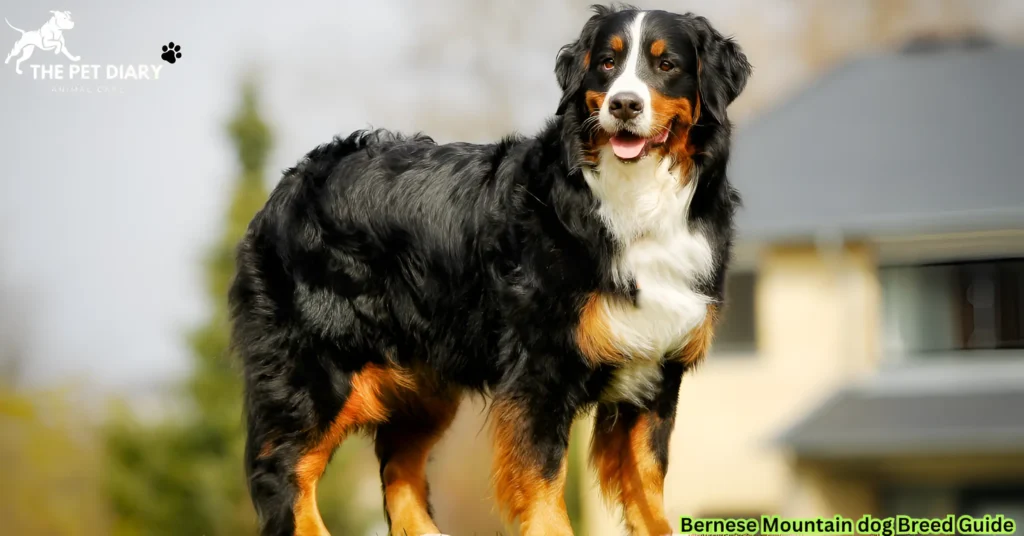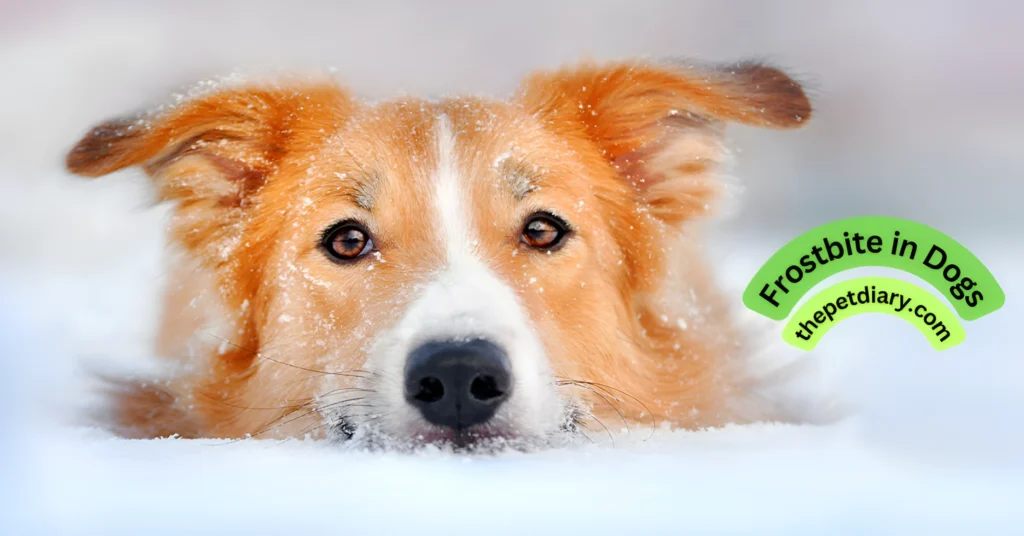The Bernese Mountain Dog is a large, wonderful, and affectionate working breed that originated in the Swiss Alps. Known for their thick tricolor coats, loyal personalities, and strong build, these dogs were once farm helpers pulling carts, driving cattle, and guarding homesteads. Today, they have become one of the most beloved family dogs in the world. In this Bernese Mountain Dog Puppy Price & Mixes Guide, we’ll cover everything: from puppy costs and ownership expenses to mix breeds, rescue options, and whether the mini Bernese Mountain Dog is a good choice.
Bernese Mountain Dog Puppy
Bringing home a Bernese Mountain Dog puppy is exciting, but also a commitment. These fluffy little bears grow into large, powerful dogs, so understanding their needs early is key.
Appearance of a Puppy
-
Coat: Thick, fluffy, and predominantly black with rust and white markings.
-
Eyes: Gentle, almond-shaped, with an intelligent expression.
-
Size at 8 Weeks: Typically 10–20 lbs, but rapid growth occurs.
Temperament
-
Affectionate, people-oriented, and great with children.
-
Calm indoors but need regular exercise outdoors.
-
Natural guardians are alert but not overly aggressive.
Owning a Berner puppy is rewarding, but early training and socialization are crucial for such a large breed.
Bernese Mountain Dog Price – How Much Does a Puppy Cost?
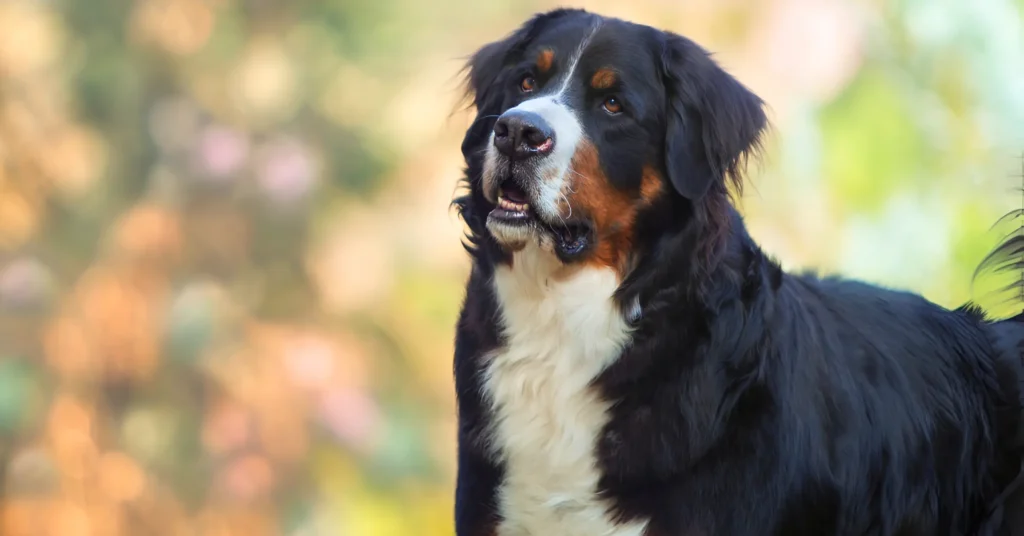
One of the most searched questions is: “What is the Bernese Mountain Dog price?”
Average Puppy Price
-
Standard Range: $1,500 – $3,500
-
Pet Quality Puppies: Around $1,800 – $2,500
-
Show/Champion Bloodlines: $3,500 – $5,000+
Factors Affecting Price
-
Breeder reputation & certifications.
-
Pedigree and AKC registration.
-
Health testing for hip/elbow dysplasia.
-
Gender (females often cost more).
-
Location and demand.
Monthly & Yearly Ownership Costs
Owning a Berner is not just about the purchase price—it’s about lifetime care.
| Expense | Monthly Cost | Yearly Cost |
|---|---|---|
| Food | $80 – $120 | $1,000 – $1,400 |
| Vet Visits & Insurance | $150 – $250 | $1,800 – $3,000 |
| Grooming | $50 – $100 | $600 – $1,200 |
| Toys & Supplies | $30 – $60 | $400 – $700 |
Total Estimated Ownership Cost per Year: $3,800 – $6,000+
👉 This makes the Bernese one of the higher-maintenance breeds, but their companionship is priceless.
Mini Bernese Mountain Dog & Miniature Versions
The mini Bernese Mountain Dog and miniature Bernese Mountain Dog are becoming popular, but they aren’t purebred Berners. Instead, they are usually crossbreeds designed to look like smaller versions of the original.
How They’re Bred
-
Often a cross between a Berner and a Cavalier King Charles Spaniel or a Poodle.
-
Typically weigh 25–50 lbs, much smaller than standard Berners.
Pros and Cons of Mini Bernese Mountain Dogs
✅ Smaller size, suitable for apartments.
✅ Similar temperament to Berners.
❌ Not officially recognized by kennel clubs.
❌ Higher risk of unethical breeding.
❌ Possible health issues from mixed genetics.
Bernese Mountain Dog Mixes – Popular Designer Breeds
Crossbreeds are gaining attention because they combine the gentle nature of the Berner with traits of other breeds.
Bernese Mountain Dog Poodle Mix (Bernedoodle)
The Bernese Mountain Dog Poodle mix, also called a Bernedoodle, is one of the most sought-after designer dogs.
-
Traits: Intelligent, loyal, and lower-shedding.
-
Size: Ranges from mini (25 lbs) to giant (100+ lbs).
-
Price: $2,500 – $4,500 depending on size and coat type.
Bernese Mountain Dog and Golden Retriever Mix
This cross blends two of the world’s most beloved family dogs:
-
Traits: Friendly, playful, loyal, and affectionate.
-
Energy Level: Slightly higher than purebred Berners.
-
Great for Families: Perfect mix for active households.
Other Notable Mixes
-
Bernese Mountain Dog + Labrador (Labernese)
-
Bernese Mountain Dog + Husky (Bernsky)
-
Bernese Mountain Dog + German Shepherd (Euro Mountain Sheparnese)
Bernese Mountain Dog Rescue & Adoption
Not every family needs to buy a puppy. Sometimes adoption is the best option.
Why Consider Adoption?
-
Lower Cost: Adoption fees are usually $100–$400.
-
Dogs in Need: Many Berners end up in rescues due to size or health needs.
-
Health Care Included: Vaccinations and spay/neuter are often covered.
Where to Find a Bernese Mountain Dog for Adoption
-
Breed-specific rescues in the US and Europe.
-
Local shelters (check Petfinder and RescueMe).
-
Networking with Bernese Mountain Dog clubs.
👉 Adopting from a Bernese Mountain Dog rescue not only saves money but also saves a life.
Grooming & Care Needs of Bernese Mountain Dogs
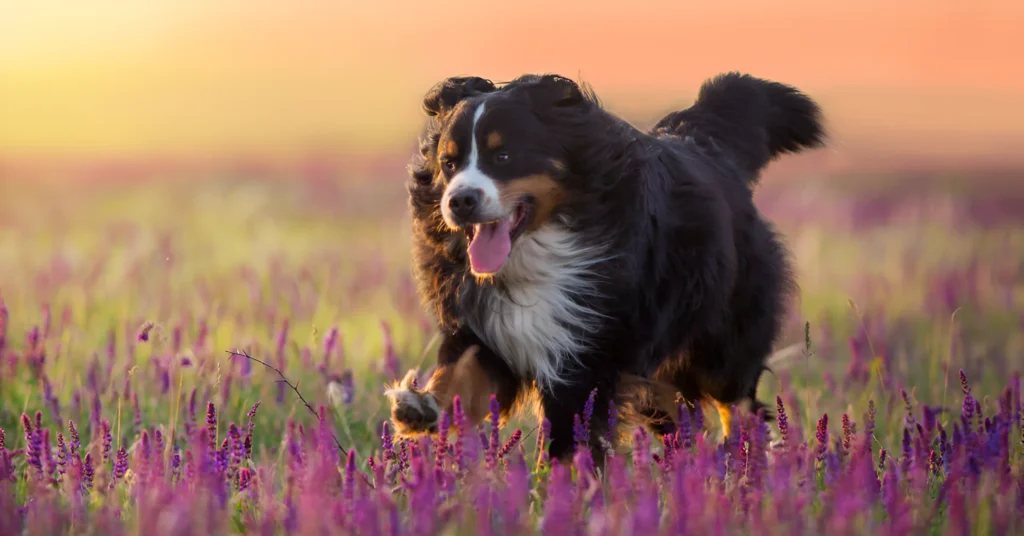
Grooming Needs of the Bernese Mountain Dog
The Bernese Mountain Dog has a thick double coat that requires regular grooming to keep it healthy and beautiful. Their coat not only provides insulation during cold weather but also sheds heavily, especially during seasonal changes.
Brushing Routine
-
Brush 2–3 times per week using a slicker brush or undercoat rake to remove loose hair.
-
During shedding season (spring and fall), daily brushing helps prevent mats and tangles.
-
Pay attention to the chest, belly, and behind the ears, where knots form easily.
Bathing
-
Bathing is recommended every 2–3 months or when the dog gets dirty.
-
Over-bathing can strip natural oils, so avoid frequent shampooing.
-
Use dog-specific shampoos for sensitive skin.
Additional Grooming Care
-
Nails: Trim every 3–4 weeks to prevent overgrowth and discomfort.
-
Ears: Clean weekly to prevent infections, especially because Berners have floppy ears.
-
Teeth: Brush 2–3 times per week or use dental chews to reduce tartar buildup.
👉 Grooming a Bernese Mountain Dog puppy early helps them get comfortable with handling, making the process easier as they grow into large adults.
Exercise Requirements of the Bernese Mountain Dog
Though gentle and calm indoors, great Bernese dog are working dogs at heart and require regular exercise to stay healthy and happy. Without enough activity, they may become bored or overweight.
Daily Exercise Needs
-
At least 60 minutes of moderate activity per day.
-
Activities may include long walks, hikes, or supervised play in the yard.
-
Puppies need shorter but more frequent exercise sessions to protect their developing joints.
Best Activities for Berners
-
Hiking: They enjoy cooler climates and mountain trails, which suit their heritage.
-
Cart Pulling: Many owners still train Berners in draft work, a job they were bred for.
-
Agility & Obedience Training: Stimulates their intelligent minds while providing physical activity.
-
Family Playtime: Fetch, tug, and interactive games strengthen their bond with owners.
Things to Avoid
-
Strenuous running or jumping with puppies under 18 months (to protect their joints).
-
Exercising during hot weather, as Berners are prone to overheating due to their thick coats.
👉 A well-exercised Berner is calmer indoors and less likely to develop destructive habits.
Health Concerns of the Bernese Mountain Dog
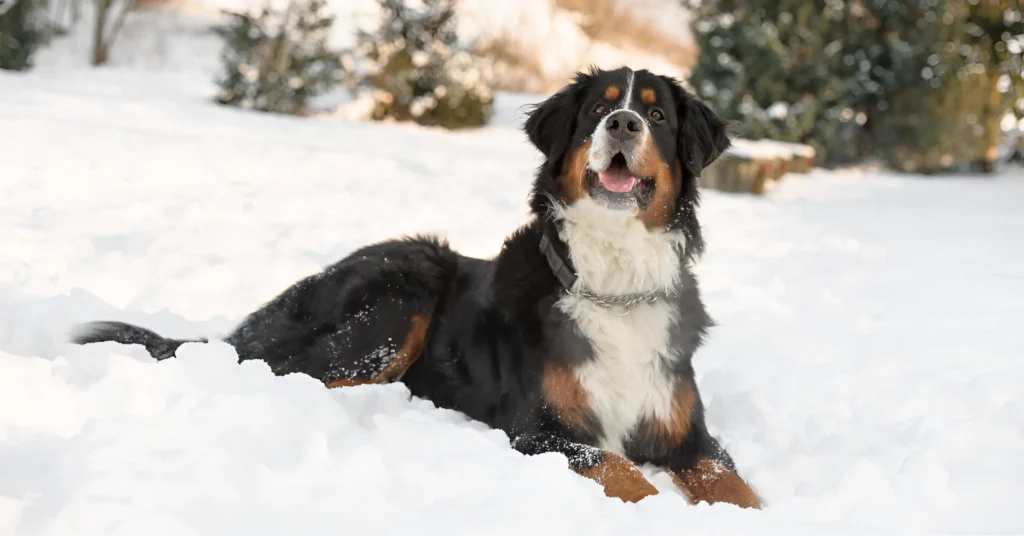
While Bernese Mountain Dogs are loving and loyal, they are also prone to several health issues. Their average lifespan is 7–10 years, which is shorter than many other breeds. Responsible ownership includes regular vet visits and awareness of potential health risks.
Common Health Issues/ Bernese Mountain Dog Guide:
-
Hip and Elbow Dysplasia
-
A genetic condition where joints don’t fit properly, leading to arthritis or lameness.
-
Prevention: Only buy from breeders who perform health screenings.
-
-
Cancer/ Bernese Mountain dog Guide
-
Unfortunately, Berners have one of the highest cancer rates among Bernese Mountain Dog breeds.
-
Types include histiocytic sarcoma, mast cell tumors, and lymphosarcoma.
-
-
Bloat (Gastric Dilatation-Volvulus)
-
A life-threatening condition where the stomach twists.
-
Prevention: Feed smaller, more frequent meals and avoid heavy exercise right after eating.
-
-
Progressive Retinal Atrophy (PRA)
-
A degenerative eye condition that can cause blindness.
-
-
Heart Disease
-
Dilated cardiomyopathy and valve issues can occur in the breed.
-
General Care Tips
-
Schedule annual vet checkups and consider health insurance for large breeds.
-
Maintain a healthy weight to reduce stress on joints.
-
Provide a balanced diet rich in protein and omega fatty acids for coat and joint health.
-
Be aware of early warning signs like limping, lethargy, or sudden weight loss.
Quick Grooming, Exercise & Health Summary
| Category | Key Needs |
|---|---|
| Grooming | Brushing 2–3x weekly, seasonal shedding care, nail trimming, ear cleaning |
| Exercise | 60 min/day; hikes, cart pulling, playtime, avoid heat & over-exercising puppies |
| Health Concerns | Prone to hip/elbow dysplasia, cancer, bloat, PRA, heart issues; lifespan 7–10 yrs |
👉 Taking proper care of grooming, exercise, and health concerns ensures that your Bernese Mountain Dog puppy grows into a happy, healthy adult.
Pros and Cons of Owning a Bernese Mountain Dog
| Pros | Cons |
|---|---|
| Gentle, affectionate family dog | Expensive to buy & maintain |
| Great with kids | Heavy shedding |
| Loyal and protective | Prone to health issues |
| Adaptable to family life | Shorter lifespan |
Final Thoughts of Bernese Mountain Dog Guide:
The Bernese Mountain Dog is a gentle giant with a heart of gold. Whether you’re exploring the Bernese Mountain Dog puppy price, curious about the mini Bernese Mountain Dog, or looking into popular mixes like the Bernese Mountain Dog Poodle mix and Bernese Mountain Dog and Golden Retriever mix, one thing is clear. This breed brings unmatched love and loyalty. If you’re not ready to buy, consider a Bernese Mountain Dog for adoption through rescues. One thing is guaranteed, regardless of how you welcome a Berner into your home. They will change your life for the better. Learn more at ThePetDiary.com.
FAQS of the Bernese Mountain dog Guide:
1. Do Bernese Mountain Dogs shed?
Yes, Bernese Mountain Dogs shed heavily. They have a thick double coat that sheds year-round, with heavier seasonal shedding in spring and fall. Regular brushing (2–3 times per week) helps manage loose hair and keeps their coat healthy. Owners should be prepared for a fair amount of dog hair around the house.
2. How long do Bernese Mountain Dogs live?
The average Bernese Mountain Dog lifespan is 7–10 years. Sadly, this is shorter compared to many other breeds due to their size and higher risk of health conditions such as cancer and joint problems. With proper veterinary care, a healthy diet, and regular exercise, some Berners can live longer than the average.
3. How much is a Bernese Mountain Dog?
The Bernese Mountain Dog price typically ranges from $1,500 to $3,500, depending on the breeder, bloodline, and location. Puppies from champion pedigrees or with health certifications can cost $4,000 or more. In addition to the purchase price, owners should budget $200–$500 monthly for food, grooming, and veterinary care.
4. How big do Bernese Mountain Dogs get?
Bernese Mountain Dogs are large dogs.
-
Males typically weigh 80–115 lbs and stand 25–27.5 inches tall at the shoulder.
-
Females usually weigh 70–95 lbs and stand 23–26 inches tall.
Despite their size, they are gentle giants with calm and affectionate personalities.
5. Are Bernese Mountain Dogs smart?
Yes, Bernese Mountain Dogs are intelligent and eager to please. They learn commands quickly, especially with positive reinforcement training. While they may not be as quick-thinking as breeds like Border Collies, their intelligence combined with their loyal temperament makes them excellent family dogs and working companions.
